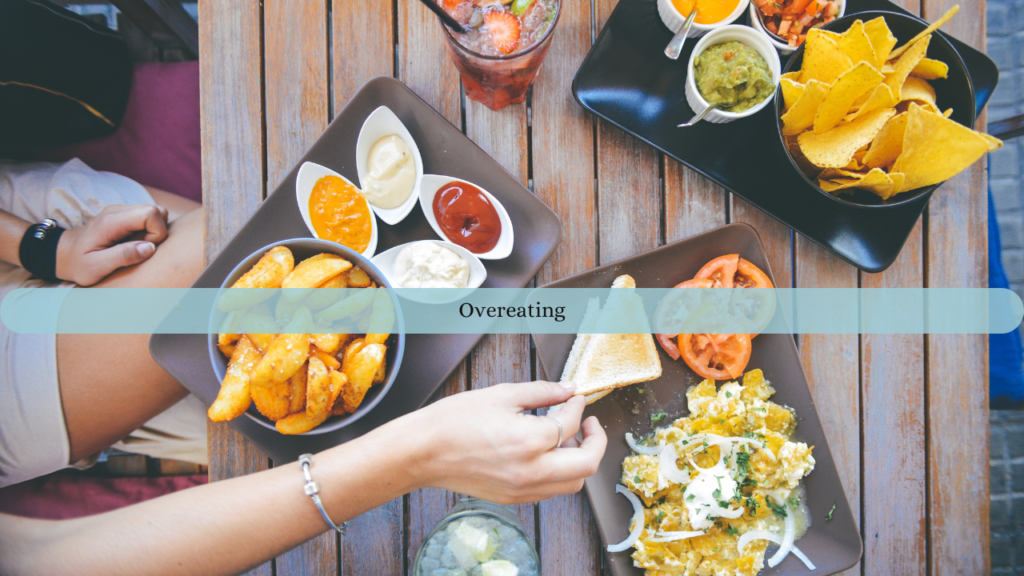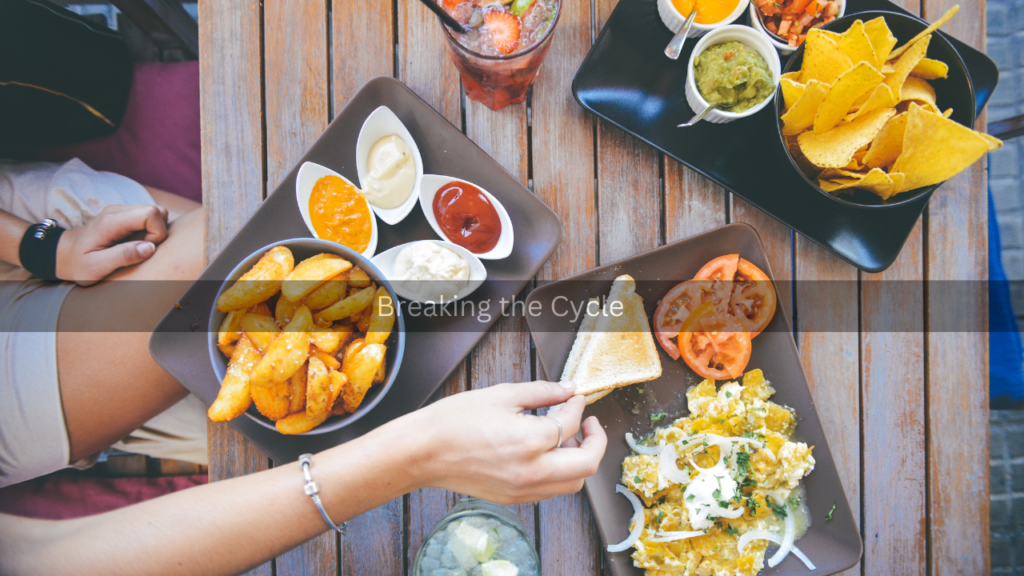Many people struggle to differentiate between emotional eating and true hunger. Emotional eating is when you eat in response to feelings rather than physical hunger. It often leads to overeating and unhealthy food choices. On the other hand, true hunger is your body’s natural signal that it needs nourishment. Learning to distinguish between the two can help you develop a healthier relationship with food and prevent unnecessary weight gain.
Understanding Emotional Eating
Emotional eating occurs when food is used as a coping mechanism for stress, boredom, sadness, or even happiness. Instead of eating to fuel the body, emotional eating provides temporary relief from uncomfortable emotions. However, this relief is short-lived and often followed by guilt or regret.
Common Triggers of Emotional Eating:
-
Stress – High levels of stress cause the body to release cortisol, a hormone that increases cravings for sugary and fatty foods.
-
Boredom – Eating out of boredom provides temporary stimulation but is not driven by physical hunger.
-
Loneliness or Sadness – Some people turn to comfort foods to soothe feelings of loneliness, depression, or anxiety.
-
Habits and Memories – Eating may be associated with certain activities, such as snacking while watching TV or eating dessert after every meal.
Recognizing True Hunger
True hunger is the body’s way of signaling that it needs energy and nutrients. It builds gradually and comes with physical signs such as stomach growling, low energy, or slight dizziness.
Signs of True Hunger:
-
A gradual increase in hunger over time
-
Physical symptoms like stomach rumbling, lightheadedness, or weakness
-
Open-mindedness about food choices (not just craving specific comfort foods)
-
Feeling satisfied after eating an appropriate portion
How to Tell the Difference
To determine whether you are experiencing emotional eating or true hunger, ask yourself these questions:
-
Did my hunger come on suddenly or gradually?
-
Sudden cravings for specific foods, especially sweets or junk food, are often emotional.
-
Gradual hunger that intensifies over time is usually physical hunger.
-
-
What am I craving?
-
If you’re only interested in a particular comfort food (like chips, chocolate, or ice cream), it’s likely emotional hunger.
-
If you’re open to eating a balanced meal, your body is genuinely hungry.
-
-
Do I feel physical hunger signals?
-
If your stomach is growling, you feel weak, or you have low energy, it’s likely true hunger.
-
If you just ate recently and have no physical symptoms, it may be emotional eating.
-
-
Am I using food to cope with emotions?
-
If you’re eating because of stress, boredom, or sadness, it’s emotional eating.
-
If you’re eating to satisfy your body’s energy needs, it’s true hunger.
-
How to Overcome Emotional Eating
-
Find Alternative Coping Mechanisms – Instead of turning to food, try journaling, exercising, meditating, or talking to a friend.
-
Pause Before Eating – When a craving strikes, wait 10–15 minutes and see if it passes. This helps you determine if you’re truly hungry.
-
Eat Balanced Meals – Eating nutrient-dense meals throughout the day helps prevent emotional cravings and keeps you satisfied longer.
-
Practice Mindful Eating – Focus on your meals, chew slowly, and pay attention to your body’s hunger and fullness cues.
-
Manage Stress – Engage in stress-reducing activities like yoga, deep breathing, or outdoor walks to reduce emotional eating triggers.
Final Thoughts
Recognizing the difference between emotional eating and true hunger is key to developing a healthier relationship with food. By becoming more aware of your eating habits and finding alternative ways to cope with emotions, you can break the cycle of emotional eating and nourish your body in a way that supports your well-being.









